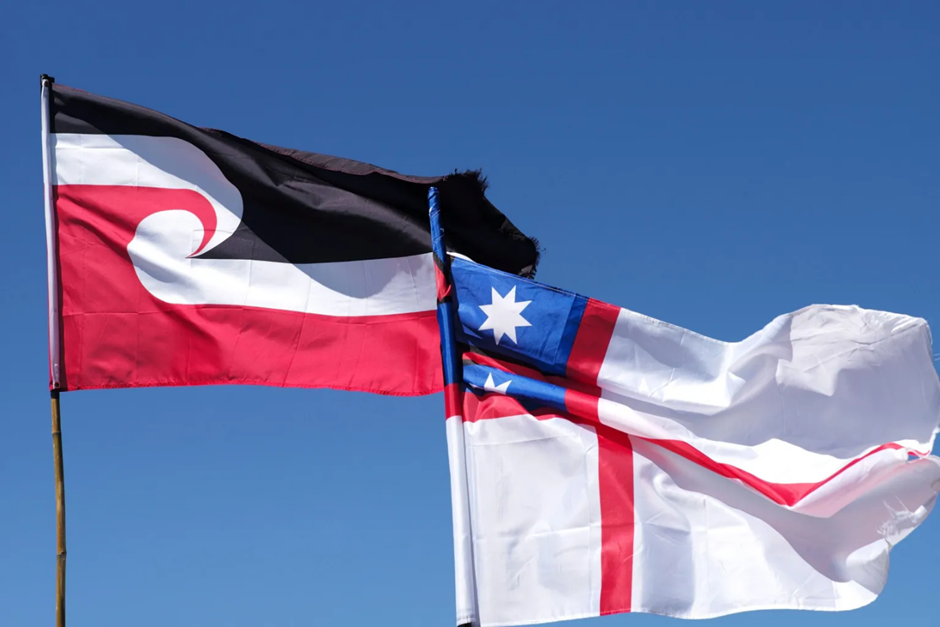Yesterday the New Zealand Government released its AI Strategy and advise to small businesses. The Strategy aligns with OECD AI Principles and the Government says it will continue to work with international partners on global rules to support the responsible use and development of AI.
The strategy is primarily focused on productivity and not human rights and ethics, with the Government stating:
“AI could add $76 billion to our GDP by 2038, but we’re falling behind other small, advanced economies on AI-readiness and many businesses are still not planning for the technology. The Government’s role in AI is to reduce barriers to adoption, provide clear regulatory guidance, and promote responsible AI adoption.”
A Policy advisor at the PSA Union stated:
I was very disappointed to see that the strategy is not to provide any specific regulatory guardrails to prevent harms to communities or workers and not to support or encourage growth of AI skills and industry here in NZ. I note the guide for business includes no mention of impacts on or risks to workers and jobs.
Māori Rights and Considerations
Despite the AI Strategy not containing a specific Te Tiriti, Māori Data Governance and protection for Māori clauses, the OECD AI Values-based Principles that the AI Strategy is based upon does guide New Zealand Government to recognise Te Tiriti and other legal instruments that recognise Māori. Within the strategy are also examples of Māori businesses that cover a range of cultural issues that AI is being used to address.
Research reflects that most big tech and many smaller NZ tech companies who the Government contract, are adopting Tiriti and Māori views and Māori Data Governance already, as are about 50% of government agencies in relation to Māori AI and Data.
Other considerations include that several Māori Data Governance frameworks (written by members of the Iwi leaders group and others) also do not mention Te Tiriti and the many other legal instruments that protect Māori rights with AI and Data.
In addition, a number of Government agencies are bound by Tiriti clauses in legislation that governs them. StatsNZ are guided by ‘The Data and Statistics Act 2022’ which has a Tiriti clause, noting that StatsNZ have an agreement with the National Iwi Leaders Forum Data Group for data consultation as does DIA, noting that both departments have committed millions of dollars to partnerships.
The Responsible AI
The Responsible AI guidance for businesses contain ample guidance for protection of Māori with AI, it is just not set out as a step-by-step guide to implement. This is likely as for over the past 10 years, we have seen such guidance of Māori Data Governance ignored or deemed to complex to implement, as it is not a one solution fits every situation. This is applicable with any tikanga Māori (Māori protocols) that change with different situations and regional nuances.
While “Te Tiriti” does not specifically have its own heading in the Guide, throughout the documents are tens of references to Māori and Māori Data, tikanga, cultural considerations and actions. Overall, these all equate to the principles of Te Tiriti, guidance on Māori Data Governance and offer a fair and representative consideration of Māori with AI.
Disclaimer: As the Chair of the Kāhui Māori of the AI Forum, we had an opportunity to review the draft and provide input.





